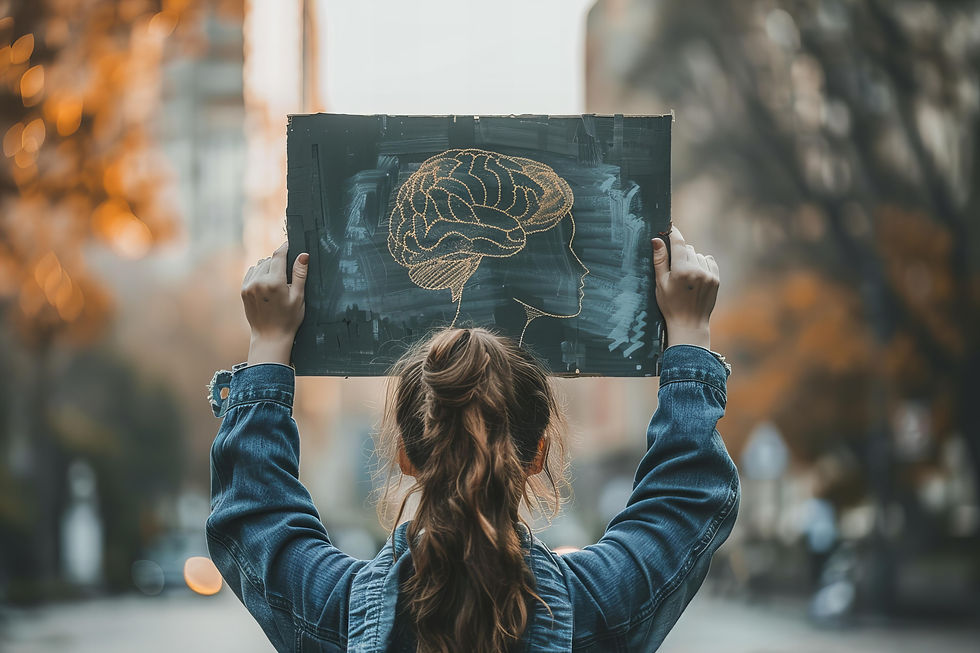The Art and Science of Conversations
- Dr. CK Bray

- Jul 13, 2023
- 2 min read

We have lost the art of communication in the last few years. While there has been an increase in hostility, anger, and misunderstandings, there has been a decrease in the ability to have a meaningful and deep conversations about important topics. An ability to learn about and understand another human. Standing our ground has replaced building bridges with others. Can I recommend a perception change this week? It doesn’t mean giving up your values or ideals; it means building understanding with other humans who may be having a different experience than you.
Conversations are the building blocks of our relationships, whether personal or professional. They hold immense power to connect individuals, foster understanding, and drive positive change. As explored in various studies, the art and science of conversations highlight the essential elements that contribute to effective and meaningful communication.
First, the Science of Conversations: Communication researchers have discovered fascinating insights into the science of conversations. One is that we need small talk. Small talk is how we initiate deeper conversations and learn about each other. Be okay to have small talk, don’t go to battle when you first meet someone. Build a foundation for learning who they are.
Second, the Art of Authenticity: While science provides us with guidelines, the art of conversations lies in authenticity. By bringing our genuine selves to the table, we create an atmosphere of trust and openness. Personally, I experienced the power of authenticity during a difficult conversation with a friend. Instead of skirting around the issue, I decided to be honest about my feelings. Surprisingly, this vulnerability opened the door for a heartfelt conversation, deepening our bond and allowing for a resolution. Embracing authenticity will enable us to connect on a deeper level, transcending surface-level interactions.
Third, Empathy: The Bridge of Connection: Empathy is vital in conversations, enabling us to understand and resonate with others' experiences. It involves actively stepping into someone else's shoes, acknowledging their emotions, and responding compassionately. I like to solve problems, but I have quickly learned with six children, I need to listen and empathize before I solve.
Fourth, Cultivating Emotional Intelligence: Emotional intelligence, an essential aspect of successful conversations, involves understanding and managing our emotions and recognizing and responding to others' emotions. We can navigate conversations with greater empathy, self-awareness, and adaptability by developing emotional intelligence.
Try it out this week, embrace the art of conversations, foster deeper connections, and build a world driven by understanding and positive change.
This could be a life-changing week!
LEARN MORE FROM THE PODCAST
CHECK OUT DR. BRAY'S NEWEST BOOK





Comments